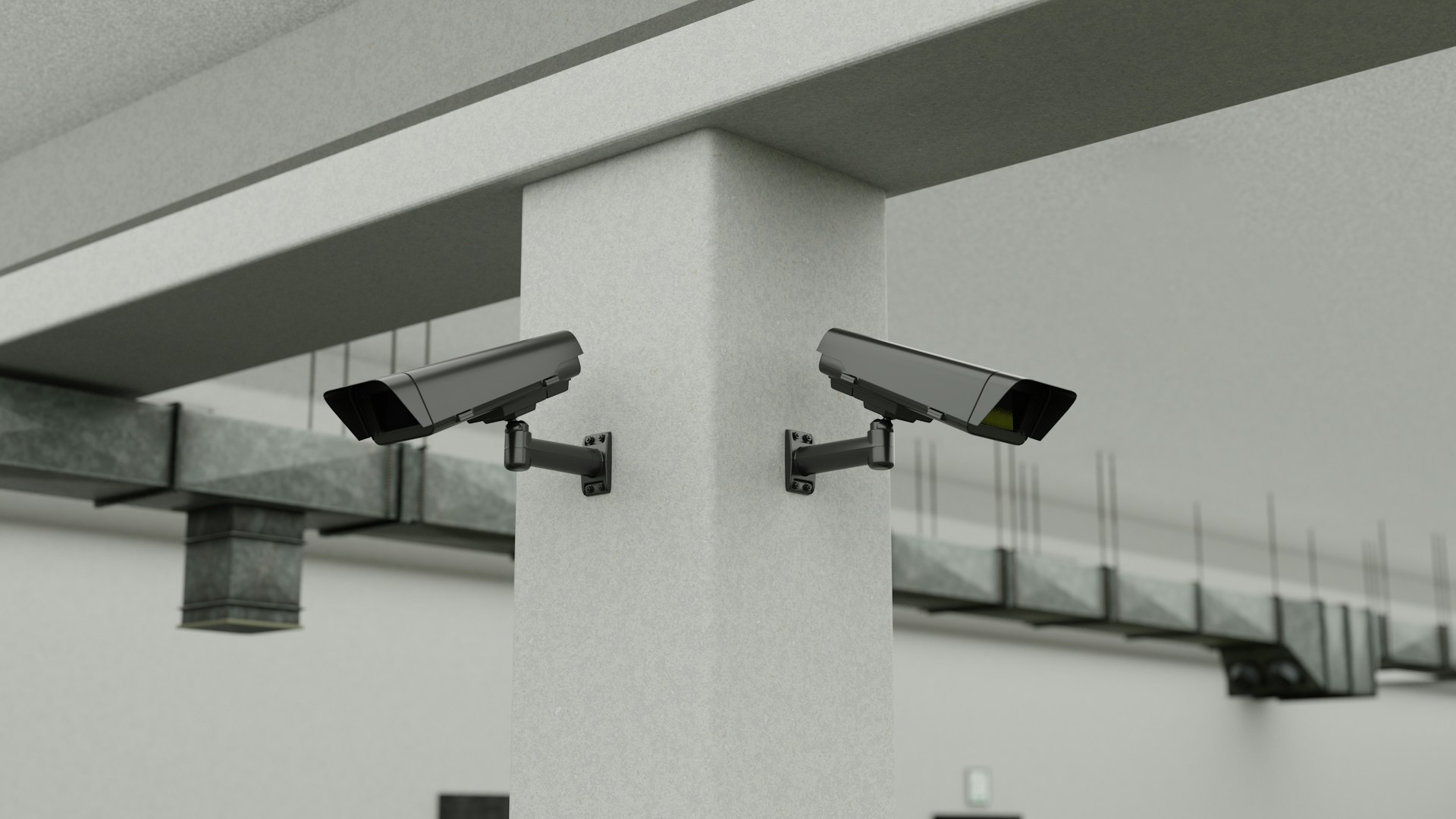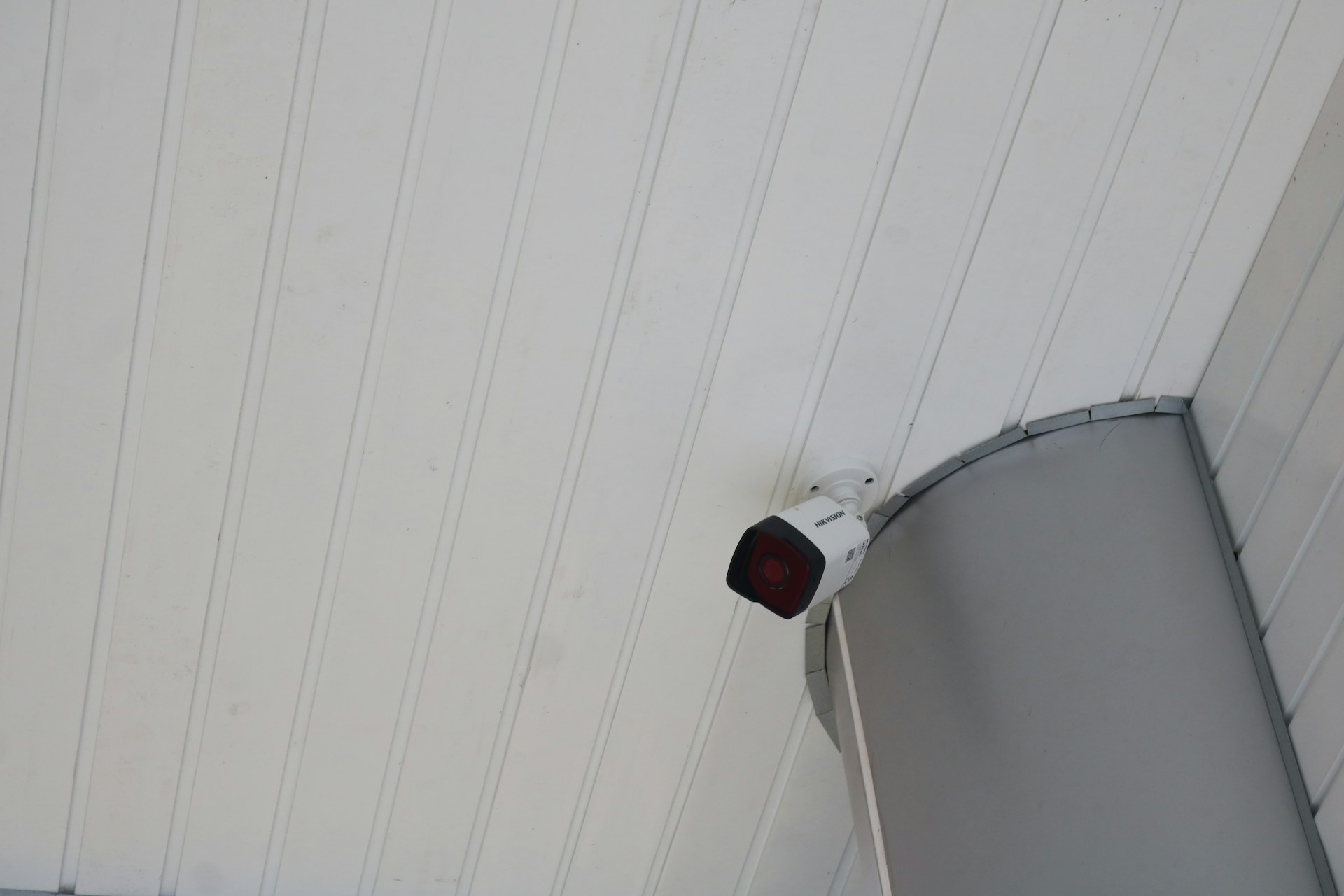If you're considering enhancing the security of your business in the greater Houston area, hiring biometric access control installers is a proactive step. These professionals specialize in advanced systems that utilize unique physical traits, such as fingerprints or facial recognition, to control access to your facility. By implementing biometric access control, you can significantly enhance security, making it more difficult for unauthorized individuals to gain entry.
Understanding the local landscape is crucial, and Houston-based installers bring specific knowledge of the area and its unique security needs. They can guide you through the variety of options available, ensuring that the system you choose suits your specific requirements. From installation to maintenance, their expertise helps streamline the transition to a more secure environment.
Investing in a reliable biometric access control system can safeguard your assets and improve overall workplace safety. With tailored solutions from trusted installers in Houston, you can achieve a level of security that traditional methods simply cannot provide.
Overview of Biometric Access Control Installers in Houston
Biometric access control technology is a modern solution that enhances security by employing unique biological traits for identification. In Houston, professional installers specialize in integrating these systems for various settings, ensuring effective and reliable security solutions for businesses.
The Role of Biometric Technology in Access Control
Biometric technology includes methods like fingerprint recognition, facial recognition, and iris scanning. These systems measure unique physical characteristics to authenticate users, providing heightened security compared to traditional access methods such as keys or cards.
In Houston, businesses benefit from cutting-edge biometric access control services, which can be tailored to specific needs. This tailored approach ensures that the technology not only fits seamlessly into your existing infrastructure but also enhances the overall security framework of your organization.
Benefits of Hiring Professional Installers
Engaging professional installers for biometric access control systems in Houston brings several advantages. First, expertise in the technology ensures a smooth installation process that adheres to industry standards. Qualified installers understand the nuances of various biometric devices, allowing for optimized functionality.
Additionally, professional services typically come with ongoing support and maintenance, keeping your access control systems running efficiently. This proactive approach helps in addressing potential issues before they escalate, ensuring that your security remains steadfast and reliable.
Key Features of Houston-Based Installer Services
When selecting biometric access control installers in Houston, focus on key features that cater to your specific needs. These may include customized solutions tailored to your operational requirements, as well as compatibility with existing security infrastructure.
Most Houston-based installers also emphasize user-friendly interfaces for ease of use. Training and support services are normally included, helping your staff adapt quickly to the new system. Moreover, reputable installers will provide warranties and guarantees, assuring you of the quality and reliability of their products and services.
Types of Biometric Access Control Systems
When considering biometric access control systems, it’s essential to understand the various types available. Each system offers unique features that cater to different security needs, especially for commercial applications in Houston. Here’s a closer look at four prominent types.
Fingerprint Access Systems
Fingerprint access systems are among the most popular biometric solutions. They scan and identify users based on the unique patterns of their fingerprints.
These systems typically feature:
- High accuracy: Advanced algorithms ensure precise identification.
- Fast processing: Users gain access in seconds, enhancing convenience.
- Easy integration: They can be paired with existing access control systems for seamless functionality.
In commercial settings, your employees can quickly enter secured areas without the need for access cards or keys. This minimizes the risk of unauthorized access, making your facility more secure.
Facial Recognition Solutions
Facial recognition technology analyzes the unique features of a person's face. This system captures images and compares them against a database for identification.
Benefits include:
- Contactless operation: Users don't need to physically interact with the system, promoting hygiene.
- Advanced detection: It can identify individuals wearing masks or in varying lighting conditions.
- Scalability: Easy to implement in areas with large foot traffic or multiple access points.
In a commercial environment, you benefit from enhanced security while ensuring a swift entry process for authorized personnel.
Iris and Retina Scanning Technologies
Iris and retina scanning technologies provide a high level of security through detailed eye scanning. They analyze the unique patterns in the iris or retina for identification.
Key features are:
- Exceptional accuracy: Difficult to replicate or forge, ensuring robust security.
- User-friendly: Quick scanning processes that don't require physical contact.
- Adaptability: Suitable for various commercial settings that demand high-level security.
These systems are perfect for facilities where security is a top priority, such as data centers or financial institutions.
Hybrid Card and Biometric Systems
Hybrid systems combine traditional card access with biometric authentication, offering flexibility. Users first present an access card, followed by a biometric scan for two-factor authentication.
Advantages include:
- Enhanced security: The dual verification method significantly reduces unauthorized access risks.
- Easy to implement: These systems integrate well with existing card access infrastructures.
- User-friendly: Familiarity with card access systems makes transition easier for employees.
In the greater Houston area, businesses can leverage this dual-layer security to protect sensitive areas while maintaining ease of access for authorized users.
Biometric Access Control Installation Process
Implementing a biometric access control system in your facility involves a comprehensive process designed to ensure optimal security and functionality. Key elements include an initial site assessment, system integration tailored to your needs, and thorough testing alongside employee training.
Site Assessment and Security Planning
The installation process starts with a detailed site assessment. This involves evaluating your facility's layout, entry points, and existing security measures. You will work with experts who assess potential vulnerabilities and determine the best locations for biometric devices.
During this phase, you should discuss specific security requirements. Factors like traffic flow, user needs, and environmental conditions can impact installation. Proper planning will ensure that the biometric access control system suits your facility's unique requirements, enhancing overall security.
System Integration and Customization
Once the assessment is complete, the next step is integrating the biometric system with your current security infrastructure. The experts will customize the solution to work seamlessly with your existing access control systems and databases.
This could involve installing various biometric technologies, such as fingerprint scanners or facial recognition devices. The installation team ensures that all components communicate effectively. Custom configurations will be applied based on your facility's operational needs, ensuring maximum efficiency and security.
Testing and Employee Training
After installation, thorough testing is critical to ensure the system functions properly. This includes checking the accuracy of the biometric readers and the responsiveness of the entire access control system. Any issues should be addressed before the system goes live.
Employee training is also essential. Your staff will need to understand how to use the system effectively. Training sessions will cover system functionality, troubleshooting, and best practices for maintaining security. This approach enhances familiarity and confidence among users, fostering a secure working environment.
Choosing the Right Biometric Access Control Solution for Your Houston Business
Selecting the right biometric access control solution is crucial for enhancing the security of your Houston business. It ensures that only authorized personnel can access sensitive areas while providing you with the flexibility required for different facility needs. Below are specific considerations to keep in mind.
Scalable Solutions for Various Facility Sizes
When choosing a biometric access control system, scalability should be a priority. Different facilities, such as offices, warehouses, and retail spaces, have unique access requirements.
For smaller businesses, a simple fingerprint scanner may suffice. Larger facilities might need a more integrated approach, incorporating facial recognition and iris scanning. Ensure the system you choose can grow with your needs.
Consider modular systems that allow for easy upgrades and additions. This flexibility ensures your security infrastructure can expand without a complete overhaul.
Key Factors to Consider in Product Selection
Several critical factors should guide your selection process.
- Type of Biometric Technology: Determine which technology best aligns with your operational needs and employee preferences. Options include fingerprint, facial recognition, and vein pattern scanning.
- Integration Capabilities: Ensure the system integrates smoothly with your existing commercial access control system. Compatibility with other security measures increases efficiency.
- User Experience: A system that is quick and intuitive will encourage employee compliance. Look for options that allow easy enrollment and access management.
- Reliability and Accuracy: High-quality biometric systems offer better accuracy and less downtime, which is vital for maintaining continuous security.
Budgeting and Long-Term Maintenance
Creating a budget for your biometric access control solution involves more than just the upfront costs.
Initial Costs: Factor in installation, hardware, and software expenses. Compare quotes from several Houston-based installers for the best deal.
Ongoing Maintenance: Consider the costs of upgrades, support services, and potential repairs. A reliable installation team is essential for maintaining system integrity over time.
Training Costs: Ensure your staff is trained on using the system effectively. Allocate funds for training early in your budget planning.
Total Cost of Ownership: Accurately predicting the long-term expenses associated with your solution will help you avoid unexpected financial strain.
By carefully evaluating these aspects, you can select the most suitable biometric access control system for your business.
Ongoing Support and Compliance Considerations
Maintaining a robust biometric access control system involves not only initial installation but also continuous support to ensure functionality and compliance with regulations. Understanding your ongoing needs is essential for safeguarding your assets and meeting legal requirements.
System Upgrades and Technical Support
After installing your biometric access control system in Houston, regular upgrades are crucial. Technology evolves, and so do security threats. Your system should be updated to incorporate the latest features, ensuring optimal performance.
Technical support is equally important. Reliable service providers will offer troubleshooting, maintenance, and repairs as needed. Establish a clear communication channel for quick response times. This ensures your access control services remain effective without prolonged downtime.
Choose a provider that supplies ongoing support tailored to your setup. Many Houston-based specialists, such as those at Alarm Masters, offer an array of maintenance plans to keep your system running smoothly.
Data Privacy and Regulatory Compliance
Data privacy is a primary concern when implementing biometric access control systems. You must comply with local and federal regulations regarding the collection and storage of biometric data. Failing to do so can lead to legal repercussions.
Ensure your service provider understands compliance standards such as GDPR or CCPA if applicable. They should implement solutions that protect personal information and manage data access procedures effectively. This includes encryption during data storage and transmission.
Regular audits and assessments can help maintain compliance. You should stay informed about any changes in regulations specific to the Houston area. Well-informed installation and service teams can assist in meeting these standards, ensuring you are protected on multiple fronts.
Frequently Asked Questions
Biometric access control systems offer a range of benefits, enhancing security and efficiency in your facility. Understanding their features, costs, and maintenance can help you make an informed decision about your security needs in the greater Houston area.
What are the benefits of installing a biometric access control system?
Installing a biometric access control system provides enhanced security through unique identification methods. These systems reduce the risk of unauthorized access, as they rely on fingerprint, facial recognition, or iris scans.
They also improve convenience for users, eliminating the need for keys or access cards, which can be lost or stolen. This streamlining of access enhances both security and user experience.
How do biometric access control systems enhance security?
Biometric systems significantly enhance security by utilizing unique physical characteristics for authentication. Unlike traditional methods, such as passwords, these traits are difficult to replicate or transfer.
This technology not only prevents unauthorized entry but also allows for easy tracking of who accessed a facility and when. This level of accountability is vital for businesses in Houston looking to maintain high security standards.
What types of biometric access control systems are best for commercial use?
For commercial use, fingerprint scanners and facial recognition systems are among the most effective options. These technologies offer speed and accuracy, making them suitable for high-traffic areas.
Iris recognition systems are another advanced choice, known for their high security and low false acceptance rates. Choosing the right type depends on your specific security needs and the layout of your facility.
Are there any privacy concerns with the use of biometric access control?
While biometric systems enhance security, they also raise valid privacy concerns. The collection and storage of biometric data must be handled carefully to prevent misuse or unauthorized access.
Ensuring that data is encrypted and processed in compliance with local regulations is crucial. Transparency about data usage can help alleviate customer concerns regarding privacy.
How much does it typically cost to install a biometric access control system?
The cost of installing a biometric access control system can vary based on several factors. These include the type of technology chosen, the complexity of the installation, and the size of your facility.
On average, you might expect to spend from a few hundred to several thousand dollars. Obtaining quotes from local Houston installers can provide a clearer picture tailored to your needs.
What is the process for maintaining and updating biometric access control systems?
Maintaining your biometric access control system involves regular software updates and hardware checks. Ensuring that the software is current protects against vulnerabilities and enhances functionality.
You should also evaluate the system periodically to determine if any upgrades or replacements are necessary. Engaging with a local installer for scheduled maintenance can help ensure your systems remain effective and secure.
.svg)



.svg)


.svg)



